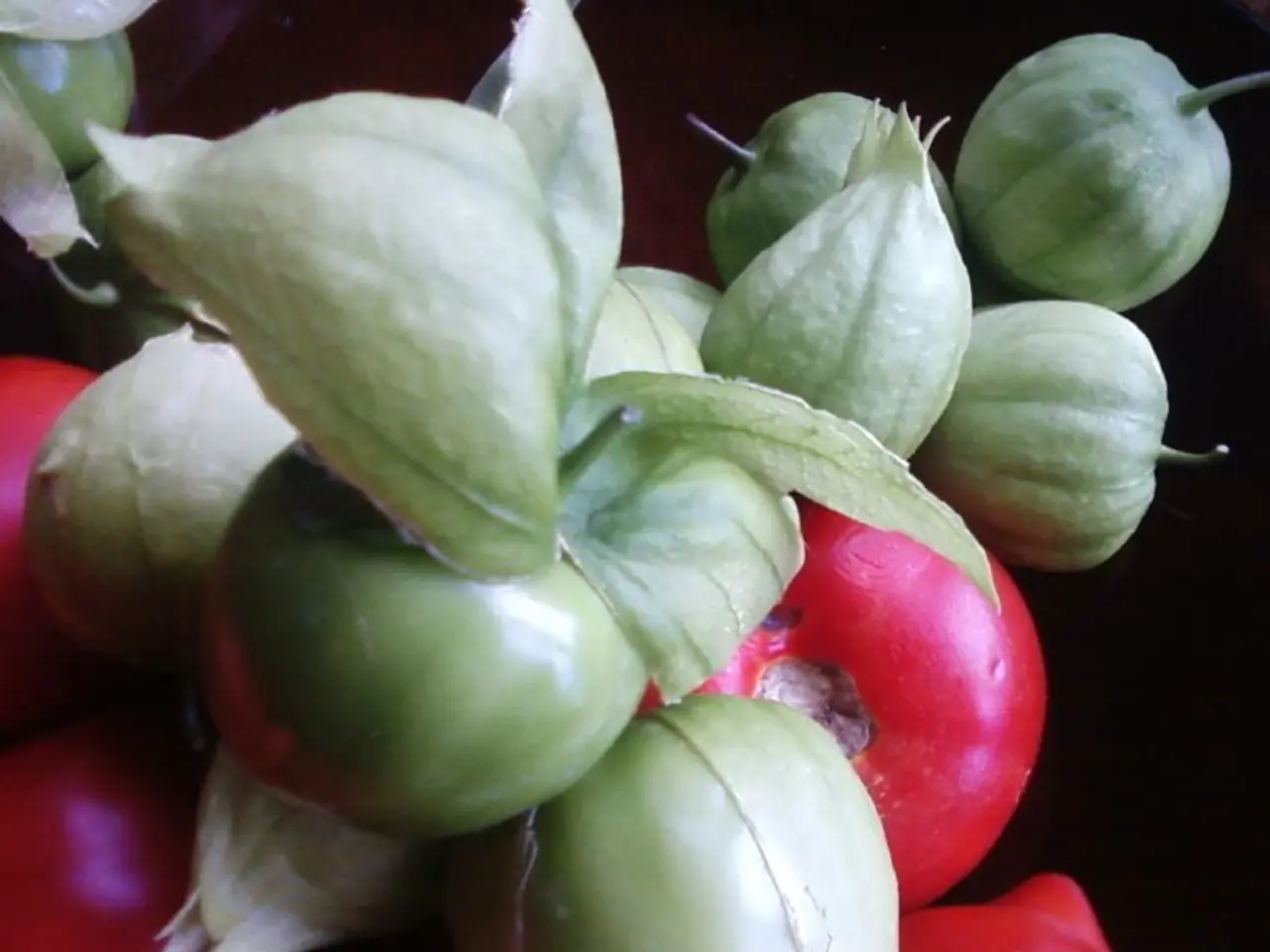Strategies for Maintaining Pest-Free Vegetable Gardens Without the Use of Chemicals
Organic pest control offers a safe and sustainable solution for gardeners looking to protect their container vegetable gardens from pesky insects. By focusing on ecological balance, natural methods, and the use of beneficial insects, organic pest control can help maintain a healthy and thriving garden.
Beneficial Insects and Pests They Control
Ladybugs, lacewings, and parasitic wasps are just a few examples of beneficial insects that help control common garden pests. Ladybugs feed on aphids, while lacewings prey on thrips. Parasitic wasps, on the other hand, target caterpillars.
Cleanliness
Maintaining a clean garden is essential for pest control. Regularly removing fallen leaves and debris provides fewer hiding spots for pests, making it easier to keep them at bay.
Companion Planting
Certain plants, when grown together, can help deter pests. For instance, basil next to tomatoes can help deter thrips and whiteflies, while dill planted with cabbage can help deter cabbage worms.
Provide Shelter
Leaving some areas a bit wild can provide insects with a place to hide, attracting beneficial insects like ladybugs.
Plant Diversity
Mixing different plants together, such as marigolds, can attract beneficial insects like ladybugs. This diversity not only helps control pests but also creates a balanced ecosystem.
Diatomaceous Earth
Diatomaceous earth is a simple and effective way to tackle pests without chemicals. This naturally occurring substance can be used as a physical barrier against insects.
Organic Gardening Methods
Crop rotation, mulching, handpicking, and natural sprays are organic gardening methods for keeping pests away. Changing the types of plants grown each season confuses pests and keeps them guessing, while mulching helps maintain soil health and reduce the need for watering.
Avoid Chemicals
Steering clear of pesticides helps keep good bugs safe. By focusing on organic methods, gardeners can protect beneficial insects like bees and butterflies, contributing to a healthier environment.
Integrated Pest Management (IPM)
Integrated Pest Management (IPM) is a smart approach to pest management in container gardening. This method emphasizes natural methods, focusing on biological control, natural sprays, physical barriers, and soil health to sustainably reduce pest populations without synthetic chemicals.
While organic pest control may not provide the immediate knockdown effect of chemical pesticides, it promotes ecosystem health and reduces resistance issues. Regular feeding with organic fertilizers and careful container management further support plant vigor, indirectly aiding pest resistance.
In summary, organic pest control methods can be highly effective for long-term pest management in container vegetable gardens when combined and consistently applied to foster a balanced ecosystem, healthy plants, and targeted pest suppression without chemical dependence.
[1] National Center for Food and Agriculture Policy. (2010). Organic Pest Management in Vegetable Production Systems. [2] National Organic Standards Board. (2015). Organic Pest and Disease Management. [3] Rodale's Ultimate Encyclopedia of Organic Gardening. (2009). Rodale Books. [4] Penn State Extension. (2019). Organic Pest Management in Vegetable Crops.
- To maintain a balanced ecosystem in container vegetable gardens, gardeners can employ organic pest control methods, such as Diatomaceous earth, which acts as a physical barrier against insects without the use of chemicals.
- ladybugs, lacewings, and parasitic wasps are beneficial insects that can be attracted to gardens by planting diversified crops like marigolds, helping to control common pests, such as aphids and caterpillars.
- By following a clean garden routine, gardeners can reduce hiding spots for pests, making it easier to keep them at bay and fostering a healthier environment for beneficial insects like ladybugs.
- Adopting the Integrated Pest Management (IPM) approach for pest control in container gardening involves employing natural methods like biological control, natural sprays, physical barriers, and soil health maintenance to sustainably reduce pest populations without relying on synthetic chemicals.




